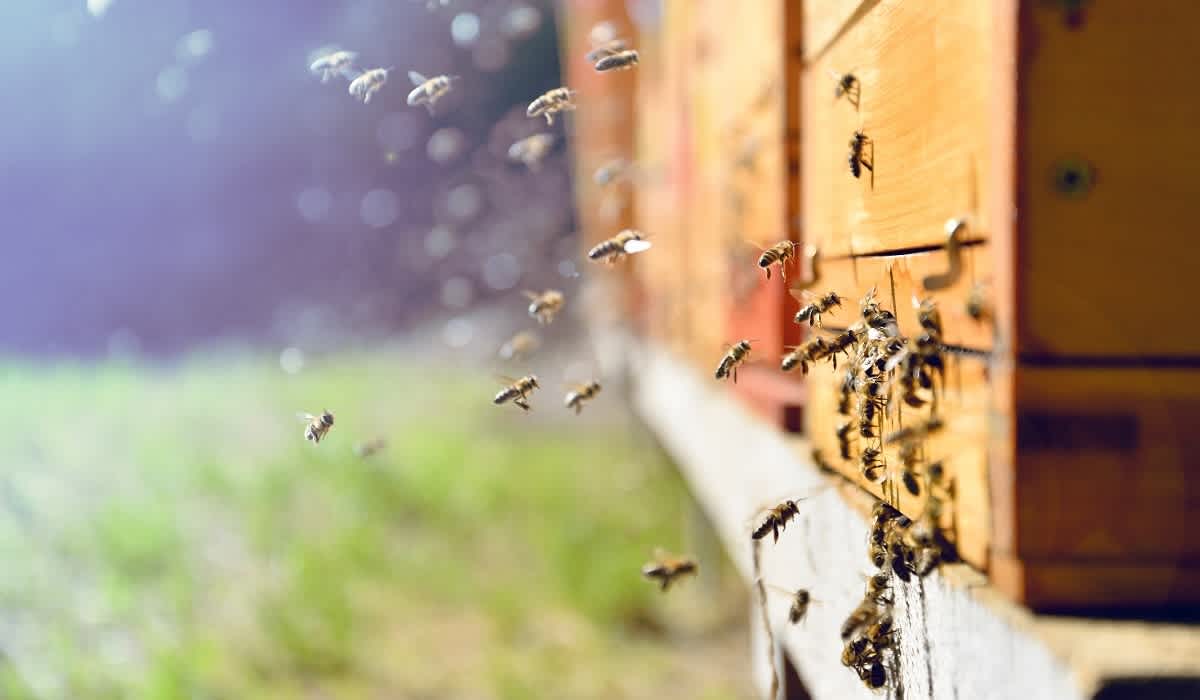New Report Says Worldwide Insect Decline Could Devastate Nature’s Ecosystems
OutdoorHub Reporters 02.12.19

A worldwide insect decline has some experts worried that over 40% of insect species could go extinct in the future leading to “catastrophic” consequences for the planet’s vast ecosystems, a new study reports.
The study, which was published in the peer-reviewed journal Biological Conservation, claims dung beetles, butterflies, moths, bees and wasps are among the species most affected by this catastrophe.
These plummeting numbers have been tied to habitat loss due to “intensive agriculture and urbanization,” along with pollution and climate change.
“The repercussions this will have for the planet’s ecosystems are catastrophic to say the least, as insects are at the structural and functional base of many of the world’s ecosystems,” the study reads. Researchers point to the fact that most studies on extinction are heavily focused on birds or mammals, but insects have been widely underrepresented despite their “paramount importance” in keeping ecosystems balanced.
The study calls for several changes to slow or completely stop the decline, including a serious reduction in the use of pesticides.
Insects play a vital role in ecosystems, said Tim Kring, a chair of the entomology department at Virginia Tech University. “They are important as food for other organisms that allow those to reproduce, so that other species depend on,” Kring stated. “Most plants depend on insects in many ways for their own reproduction.”
And it’s not just the world’s ecosystems at risk either.
Humans could be affected down the road as well, as many sources of medications could come from insects, plants, or other biological organisms.
“When we lose species, that reduces our ability to discover new things unrelated to the species themselves possibly,” he said.

